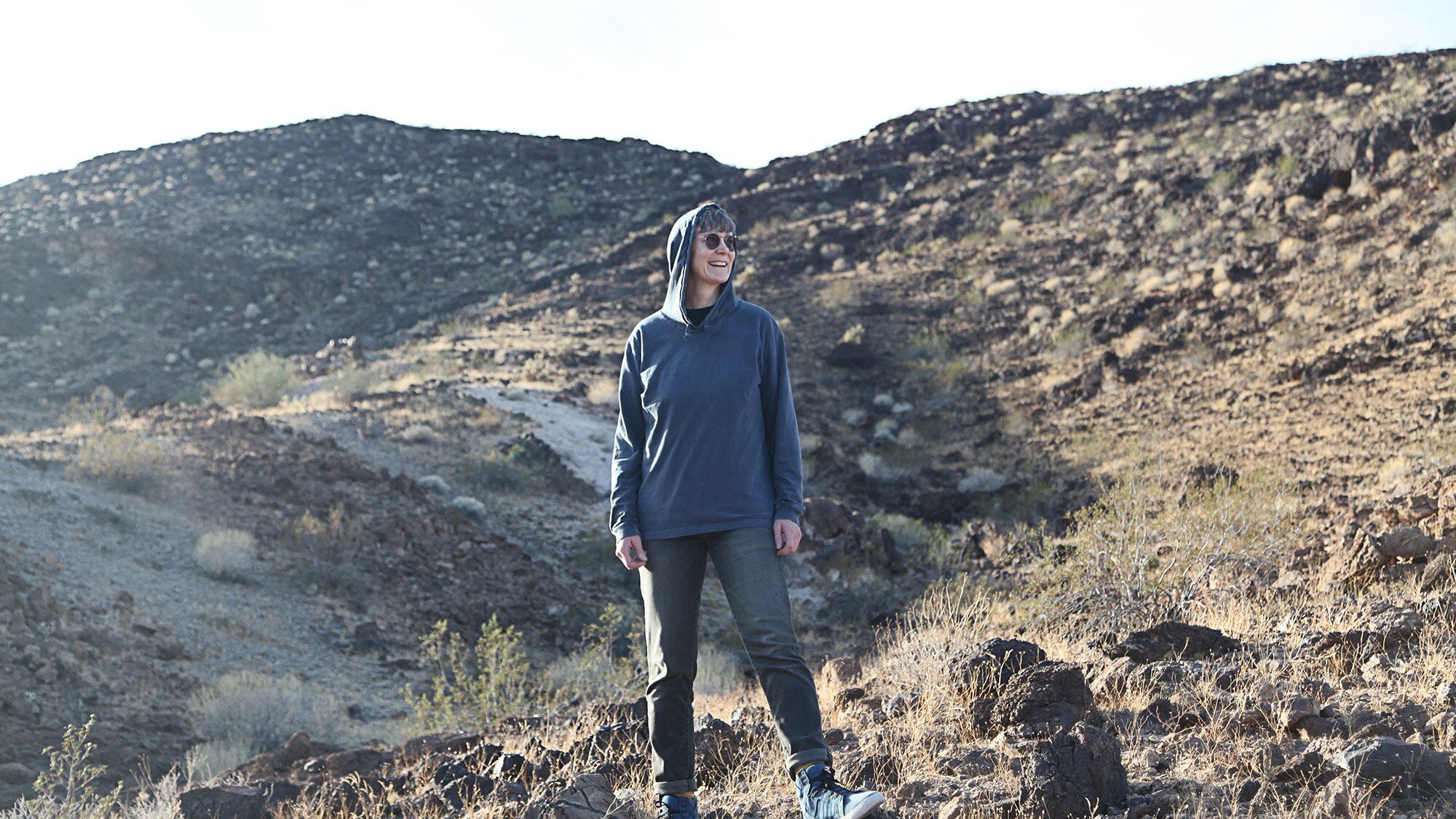Ten years ago, Katy Davidson thought Dear Nora had run its course.
Davidson founded the DIY indie-pop project in 1999 with Lewis & Clark College classmates Marianna Ritchey and Ryan Wise, and named the band for Lewis & Clark music professor Nora Beck. Over the course of three LPs and three EPs, the project evolved along with Davidson as they searched for their path in life though an enchanting mixture of buoyant pop and atmospheric slow burners.
Then, in 2008, Davidson disbanded Dear Nora. But with the advent of streaming services and shout-outs from young bands like Girlpool (the group's When the World Was Big featured a track called "Dear Nora"), the band's criminally underappreciated catalog began to garner more and more interest.
After putting the band back together for a successful tour behind the vinyl reissue of 2004's Mountain Rock, Davidson decided to enter the studio again as Dear Nora for the recently released Skulls Example, the band's first new material since 2006.
WW spoke with the songwriter ahead of their show at the Old Church to discuss their evolution as an artist and the evolution of Portland itself.
WW: So why bring the project back and not record as Key Losers or one of your other monikers?
Katy Davidson: I'd been toying around with the idea for a while because the band was kind of picking up steam without me really doing anything via Spotify and other streaming services. I had more songs I'd written and I thought Dear Nora would be the best way to get the album out to the most people.
Stories like yours, where an underappreciated band gets its due after a while, are one of the cooler things about the internet.
Yeah, it was amazing. I feel really lucky too because I'm still kind of young and can tour—I'm not dead or super-old yet. It's been so cool that people rediscovered Dear Nora while I can still bring the same kind of energy to the project.
You split time between here and California. What is it about Portland that keeps you coming back?
I first moved there in 1995 and lived here for the second half of the '90s and then again from '09 to '17. I know a lot of the older people and I know a lot of the newer people there, and the music scene has always been so supportive in those two different eras. Also, I just love the landscape. The Gorge, the forest.
What do you think of the changes the city has undergone across those eras?
I don't really care about restaurant culture or anything like that, so I stick to my old-school places like Mississippi Records and Mississippi Pizza, places that have been around forever. But it's definitely nice there's all this energy in the city. It was so sleepy back in the '90s. I'm going to say something here, and it might sound funny and a bit cliché, but Old Portland maybe felt a little more "real" and New Portland feels a little more "fake."
It must have been cool to see younger up-and-coming bands reference you as an influence, especially since the project was inactive for so long.
It's really a huge honor. I met Girlpool after they wrote the song "Dear Nora," and those two are just so sweet and so cool. It's very humbling. I'm at a place in my life where I don't really have to do this, I want to. And, of course, it's nice when younger people are getting into your work. I find it inspiring. It's cool to hear young people relate to music I wrote when I was in my 20s, trying to figure out life—but it's also really cool to see them relating to what I'm writing as a 40-year-old.
How has it felt playing shows as Dear Nora again and having new material to perform?
We're really focused on and excited about exploring these songs live. That was kind of the impetus for this tour. But we definitely don't want to totally ignore the back catalog of songs people have really connected to over the years. I want to play more shows around this because the reception has been great and feels like it's picking up steam.
What's the next move for the project?
Well, it's funny because I pretty much have no desire to quit by day job and go on tour full time. Ten days to two weeks at a time is pretty much where I'm at with touring. It's all about getting the music out there—that works for me and for the people that want to hear it. At this point, I have to sort of do what works for me and my sanity.
More and more musicians these days have the same outlook. Huge tours can just kill you and the band.
Yeah, exactly. And I really don't like playing rock clubs. There are a few Mississippi Studios-type places that are cool, but I still book my own shows so I can try and play interesting places like art galleries. At this point in my life, a big tour of rock clubs is kind of a waste of my chi or whatever. I really don't, I'm just going to say this—I really don't want to play places that feel like the patriarchy, you know? [laughs]
Do you still speak with Nora Beck?
Oh yeah. We love catching up when we can. I recorded an album for her about five years ago, actually, and it's such a cool project. It's all Nora's songs, and I engineered and played on it. It's on Bandcamp and it's called Strangeland. Everyone should check it out.
SEE IT: Dear Nora plays the Old Church, 1422 SW 11th Ave., theoldchurch.org, with Sama Dams, on Saturday, Nov. 3. 8 pm. $12 advance, $15 day of show. All ages.

